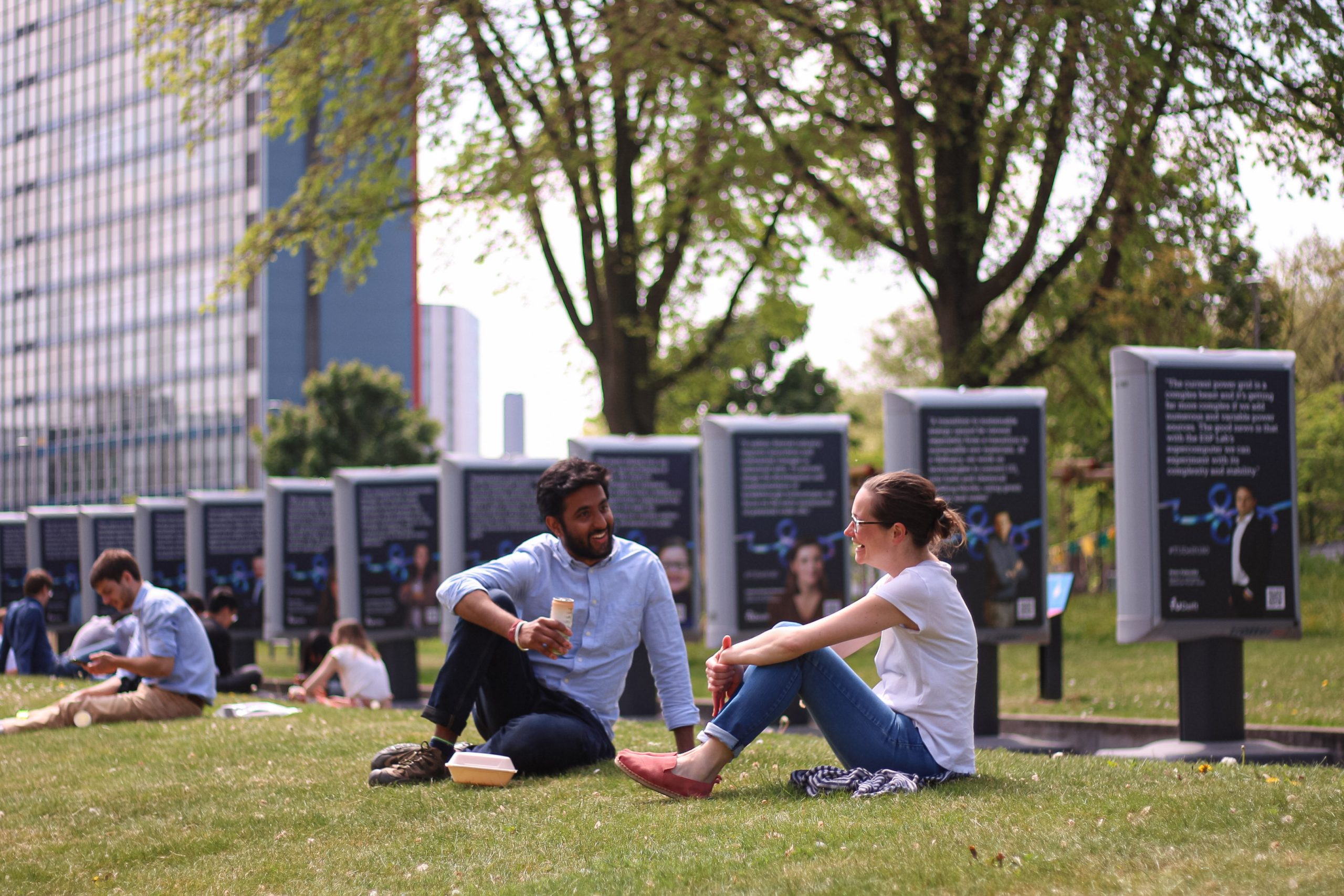Under the new collective labour agreement for universities, salaries will rise by 4 percent. Arrangements about permanent jobs for teaching staff will follow at a later date.
The agreement states that trade unions and employers will make agreements on the flexible culture at universities. (Photo: Justyna Botor)
The old collective labour agreement expired on 1 April. In view of the high inflation, unions and universities wanted to conclude a new agreement quickly. They have just announced the result of their negotiations.
The 4 percent pay rise takes effect on 1 July. Staff will also get an extra one-off payment of 400 euros. The 400 euro bonus is pro rata, so part-timers get less. However, the amount is higher for those on the university minimum wage of 14 euros per hour: 750 euros.
Temporary
Last Thursday, before the negotiations, dozens of lecturers protested against the culture of flexible employment at the universities. Their complaint is that many lecturers have to string their temporary contracts together.
The unions say that this will change, but they have not yet received any concrete undertakings. The agreement states merely that unions and employers will make arrangements about it.
The universities themselves talk of a ‘joint study’ on more permanent contracts. The universities’ negotiator, VU Amsterdam Executive Board member Marcel Nollen, says in a press release: “The universities and employees’ organisations recognise the need for a clear career perspective for teaching staff that does justice to their contribution to the universities. Good employment practice is of primary importance here.”
The agreement also contains an improvement to the parental leave scheme, in advance of the new rules that take effect on 1 August. Parents will receive 70 percent of their usual pay (previously 62.5 percent) and are entitled to leave even if they have been employed by the university for less than a year.
This is a deal reached by the negotiators. Employers and union members have yet to give their approval. The new collective labour agreement will be in force until 1 April 2023.
HOP, Bas Belleman
Translation: Taalcentrum-VU
Do you have a question or comment about this article?
redactie@hogeronderwijspersbureau.nl


Comments are closed.